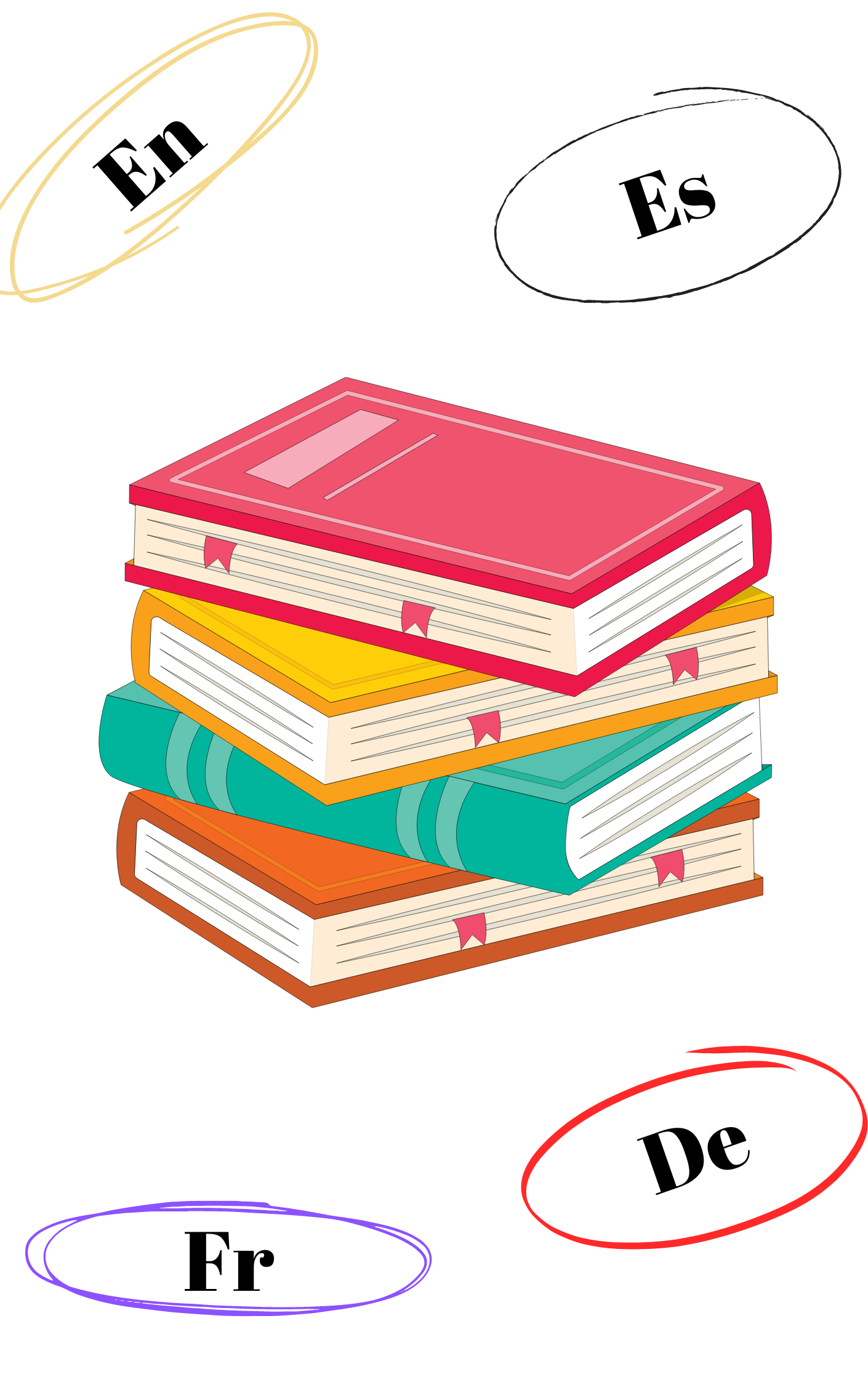Sayings and proverbs (II)
n this second article of this short series, we will review more Spanish proverbs and sayings so that you can sound more like a native. Let's go!
En boca cerrada no entran moscas. Literal translation: Flies don’t enter a closed mouth. Explanation: It apparently comes from a phrase said to King Charles I of Spain, who had a malformation known as prognathism that forced him to keep his mouth half-open. According to history, a local person allegedly said to him, “Close your mouth, Your Majesty, because the flies in this kingdom are mischievous,” and from this phrase the current proverb originated. Nowadays, it is used to suggest to someone that they should avoid talking about something, usually for their own good.
El que mucho abarca, poco aprieta. Literal translation: He who encompasses much, squeezes little. Explanation: This is a very commonly used phrase that refers to the idea that a person who wants to carry out many things at the same time generally fails to accomplish everything they set out to do or does most things poorly.
A buen hambre no hay pan duro. Literal translation: To a good hunger, there is no hard bread. Explanation: Literally, it refers to the idea that when we are truly hungry, any food is good, but more broadly, it means that in situations of need, any solution or help will be welcome. It originates from a Latin phrase attributed to Cicero: “Optimum condimentum est fames,” meaning “The best seasoning is hunger.” This phrase has evolved over the years, and the version quoted here is used colloquially today.
A río revuelto, ganancia de pescadores. Literal translation: In a stirred river, fishermen’s gain. Explanation: Used for centuries in Spain and reflected in literature, this proverb is based on the fact that when the waters of a river are murky, fishing is better. In its current sense, it means that in confusing situations or abrupt changes, there are those who take advantage of the circumstances.
El que se fue a Sevilla perdió su silla. Literal translation: He who went to Seville lost his chair. Explanation: This has an interesting origin in a historical event from the 15th century. The Archbishop of Compostela at that time exchanged archbishoprics with his uncle in Seville because things were tumultuous in Compostela, and his uncle could pacify them. Once this was achieved, when his uncle wanted to return to Seville, meaning to make the exchange again, his nephew refused. The original phrase was actually, “He who left Seville lost his chair,” referring to the archbishop who left Seville to go to Compostela. Nowadays, it is used in two senses: for example, when someone leaves a room during a meeting and returns to find their chair occupied, they might be told, “He who went to Seville lost his chair.” It has a broader meaning: one should not abandon or neglect what they have, such as a job, because there may be others who desire it.
No le pidas peras al olmo. Literal translation: Don’t ask the elm for pears. Explanation: Elms are trees that the Romans used to keep vines off the ground to protect the grapes. In a text by a Latin poet named Publio Syrus, this phrase appears, referring to the fact that it was easier to find grapes on elms than other fruits like pears. Nowadays, it is used to mean that one should not demand something from someone that they are incapable of giving or achieving. For example, personally, I don’t like waking up early and don’t have the energy to exercise in the morning. Some time ago, a friend invited me to start running together early in the mornings. My response could easily have been, “Don’t ask the elm for pears.”
El hábito no hace al monje. Literal translation: The habit doesn’t make the monk. Explanation: In this case, the word “habit” refers to the clothing or attire used by religious figures. This proverb was already used in medieval Latin: “cucullus non facit monachum”. It means that one should not judge a person by their appearance, as this does not truly tell us what kind of person we are dealing with. There are two other proverbs that convey a similar meaning: Aunque la mona se vista de seda, mona queda (Even if the monkey dresses in silk, it remains a monkey), and las apariencias engañan (Appearances are deceiving). All three are frequently used in both spoken and written Spanish.
El pez por la boca muere. Literal translation: The fish dies by the mouth. Explanation: This refers to fishing, as the fish is caught when it opens its mouth and bites the hook. It is used to express that many times we end up in trouble for saying too much about ourselves or others. In other words, it advises being discreet. There is another proverb with the same meaning: uno es dueño de lo que calla y esclavo de lo que dice (one is the owner of what they keep silent and a slave to what they say).
Again, there are many more. This is just the second article, in future ones we will go over more proverbs and their origins. Which one did you like the most? I’ll read you in the comments!






Leave a Reply